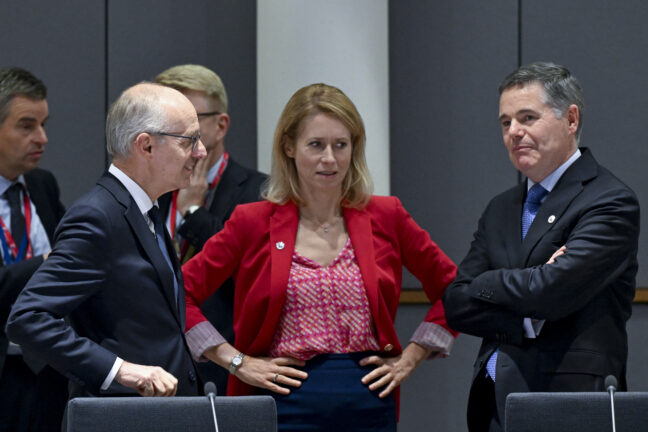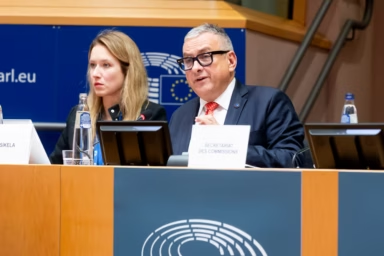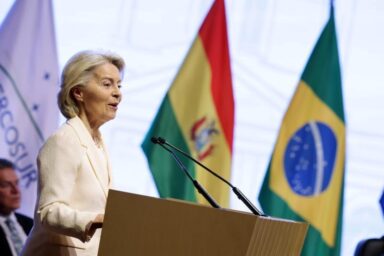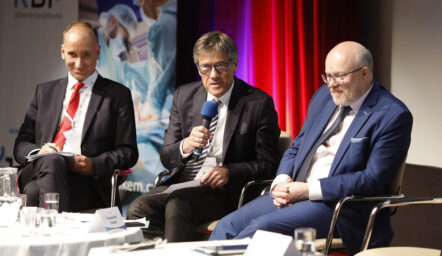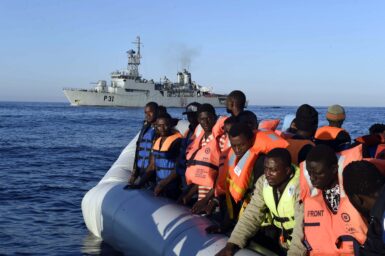European Union leaders left Thursday’s Council summit without a deal on how to use frozen Russian assets to aid Ukraine, after Belgium unexpectedly withheld its support over legal and financial concerns.
The plan under discussion would have used more than €180bn in Russian central bank reserves—most held at the Brussels-based clearing house Euroclear—to back a €140bn loan for Ukraine’s defence and reconstruction. The EU has sought to frame the scheme as part of future reparations that Russia, as the aggressor, would ultimately owe to Kyiv.
Belgian Prime Minister Bart De Wever described the proposal as risky and legally untested. He said Belgium could not accept the approach unless other member states agreed to share responsibility for any financial fallout. “There are no clear answers,” he said, calling it “completely new ground” and warning that Belgium would “inevitably face litigation.”
Can kicked down the road
Because Belgium holds most of the frozen assets, its approval is crucial. Officials in Brussels worry that tapping the funds and facing subsequent legal challenges could expose Euroclear to lawsuits or destabilise the market.
Without consensus, EU leaders instead asked the European Commission to explore alternative “financing options” for Ukraine rather than directly endorsing the asset-based plan.
You might be interested
Commission President Ursula von der Leyen said leaders remained committed to the idea of a reparations loan but needed further work on its legal and technical design. Council President António Costa added that initial assessments suggested the approach could comply with international law.
Ukrainian President Volodymyr Zelenskyy has pressed EU leaders to move quickly, warning that delays would weaken Ukraine’s defences and Europe’s credibility. The issue will return to the agenda at the December EU summit.
